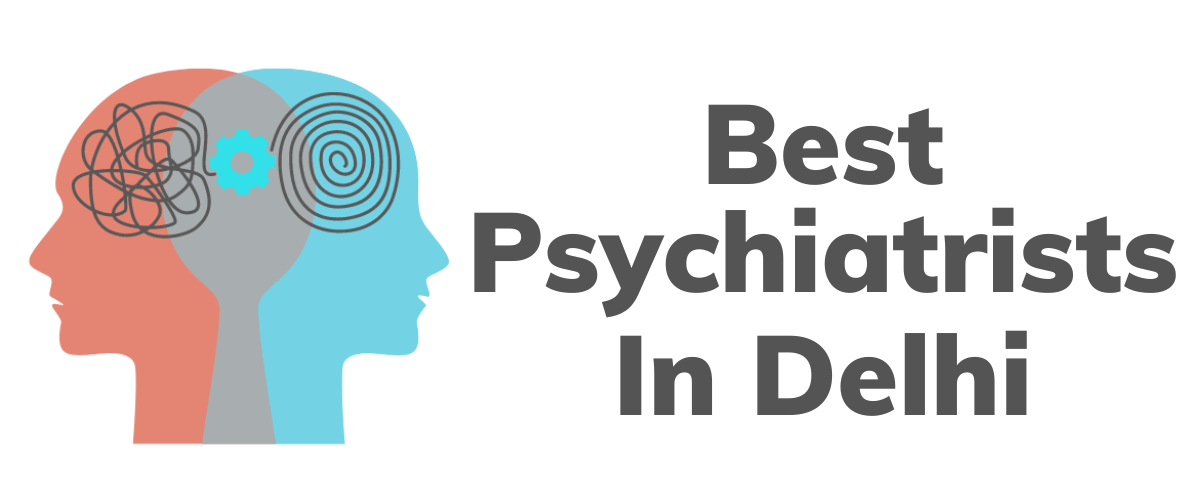Mental Retardation
Mental retardation, now commonly referred to as Intellectual Disability (ID), involves significant limitations in intellectual functioning and adaptive behavior. With timely intervention and personalized care, individuals with intellectual disabilities can achieve their potential and lead fulfilling lives. Below is a detailed look at effective treatments and support systems for managing intellectual disabilities.
1. Early Intervention Programs
- Developmental Therapy: Focuses on enhancing motor skills, communication, and social abilities during early childhood.
- Special Education: Tailored educational programs designed to meet the unique needs of individuals with intellectual disabilities.
- Learn more about Special Education and its benefits for intellectual growth with Best Psychiatrist in Delhi.
2. Behavioral Therapy
- Applied Behavior Analysis (ABA): Encourages positive behaviors while reducing problematic ones through structured interventions.
- Social Skills Training: Teaches essential communication and interaction skills for daily life.
3. Supportive Services
- Speech and Language Therapy: Helps improve communication and language skills.
- Occupational Therapy: Assists in developing skills necessary for independence in daily activities.
4. Family Counseling and Support
- Parental Guidance: Educates families on how to support and advocate for their loved ones effectively.
- Respite Care: Provides temporary relief for caregivers, ensuring they can maintain their well-being.
5. Community Integration Programs
- Vocational Training: Prepares individuals for employment opportunities and financial independence.
- Day Programs and Sheltered Workshops: Provide a safe and structured environment for skill development and social interaction.

6. Medical and Nutritional Support
- Healthcare Management: Regular medical check-ups to monitor and manage associated health conditions.
- Balanced Diet: Ensures proper nutrition to support overall physical and cognitive health.
Treatment Overview at a Glance
| Treatment/Service | Description | Benefits |
|---|---|---|
| Early Intervention Programs | Focused therapies during childhood. | Improves developmental outcomes. |
| Behavioral Therapy | Structured behavior modification strategies. | Promotes adaptive skills. |
| Supportive Services | Speech and occupational therapies. | Enhances communication and independence. |
| Family Counseling | Educates and supports caregivers. | Strengthens family dynamics. |
| Community Integration | Vocational and day programs. | Encourages social and financial independence. |
| Medical Support | Health and nutritional management. | Maintains overall well-being. |
Conclusion
Treating intellectual disabilities requires a collaborative and compassionate approach that combines therapy, education, and support. With early intervention and the right resources, individuals with intellectual disabilities can achieve a higher quality of life and integrate into society.
Call to Action
For expert care and tailored treatment plans for intellectual disabilities, visit Delhi Mind Clinic. Our dedicated professionals are here to help you and your loved ones navigate the journey toward a brighter future. Contact us today for compassionate and comprehensive support.

